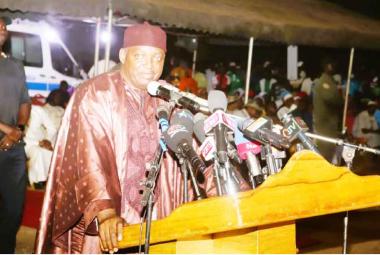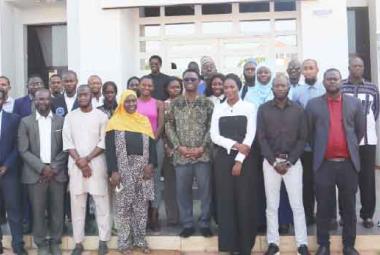By Aji Fatou Jammeh
Agriculture is a crucial sector for human survival. It enhances economic development, providing food, fiber, and other essential products.
Women’s contribution to agriculture is undeniable. They play a crucial role in both small and big farms, producing food for their households, communities, and beyond. They are reported to have made up 43 percent of the global agricultural labour force. Women are even often described as the backbone of agriculture, making significant contributions to crop production, and livestock management.
Despite their significant contribution, women often face cultural, social, and economic barriers that limit their productivity and ability to fully participate in agricultural development, including unequal access to resources. Also they face significant discrimination when it comes to land and livestock ownership, equal pay, participation in decision-making entities and access to credit and financial services.
The inspiring story of one Gambian woman farmer is worth sharing in this regard. She is Ellen Nying, a native of Kaur, who was featured in “Her Story”, a programme aired every Monday on GRTS.
Ellen cultivates groundnuts, beans, coos and rice. During the dry season she is involved in gardening, rearing of animals; such as rams, goats and manages poultry.
Speaking about the challenges through her programme, Madam Nying highlighted access to land as a problem to the women farmers in their area. She said if she has land and modern farming equipment she will able to cultivate more and employ more young people in her farm.
She stressed the importance of having the right and adequate implements saying with their availability, they will produce in abundance wherein they can get surplus for export and stop importation of food stuff.
A mother, Ellen said she educated her children from the proceeds of her farms. She said she does household chores with the farm work and uses organic fertilizer on her farms, which she said is very effective and cheap.
The woman farmer called on the government to help her with farming equipment to enable her cultivate more.
Women’s contribution to agriculture is critical for sustaining life on the planet. Empowering women in agriculture, promoting gender equity, and increasing women’s leadership and innovation in the sector are crucial for achieving sustainable development and food security.






